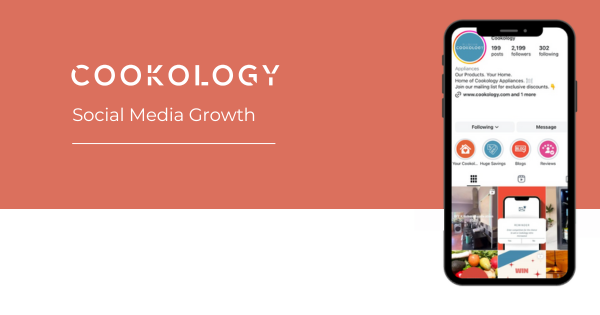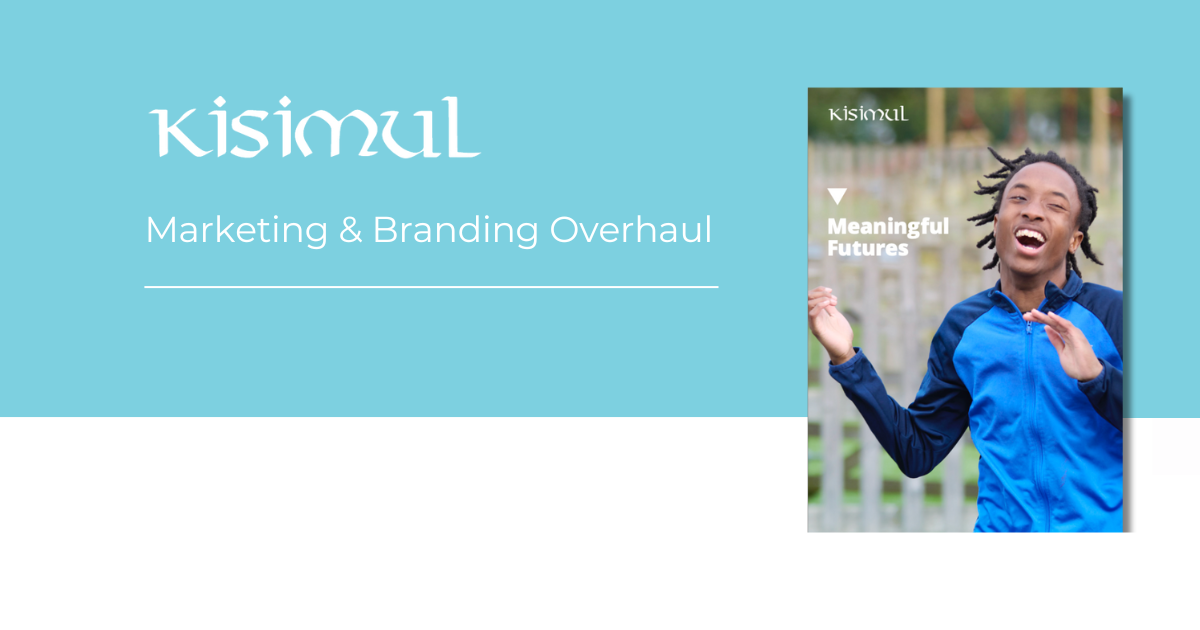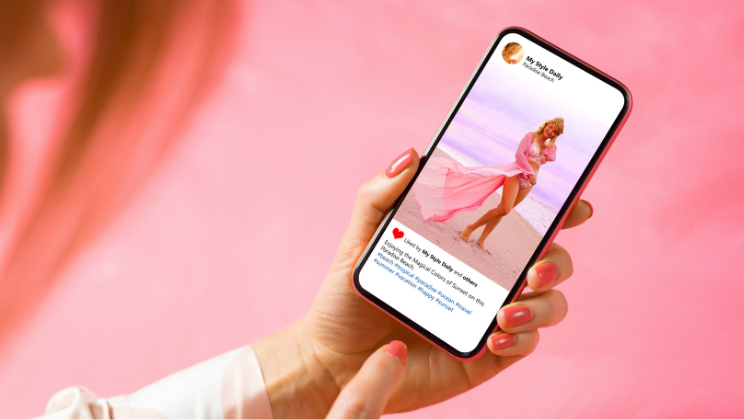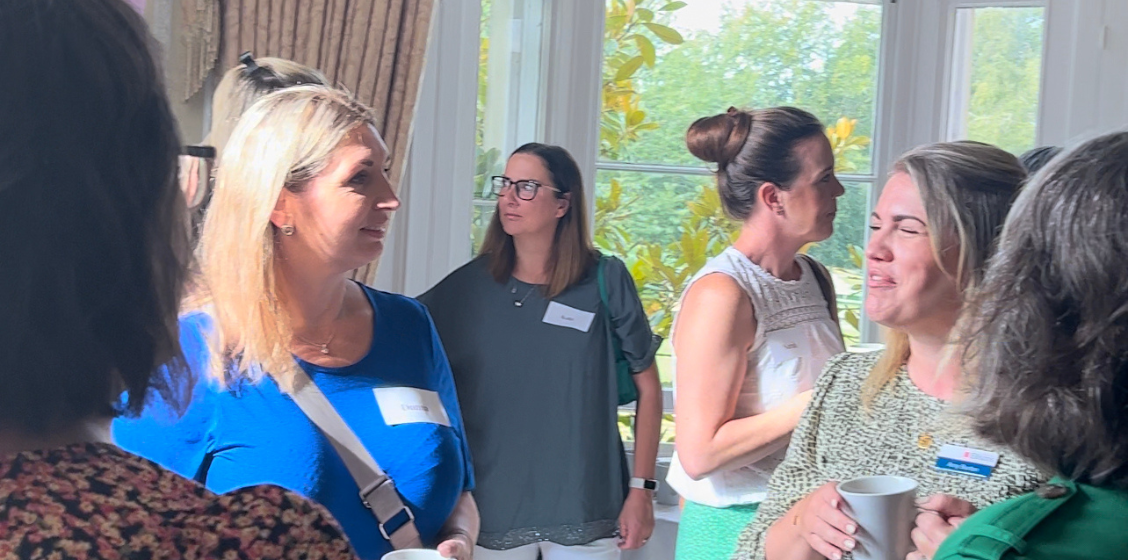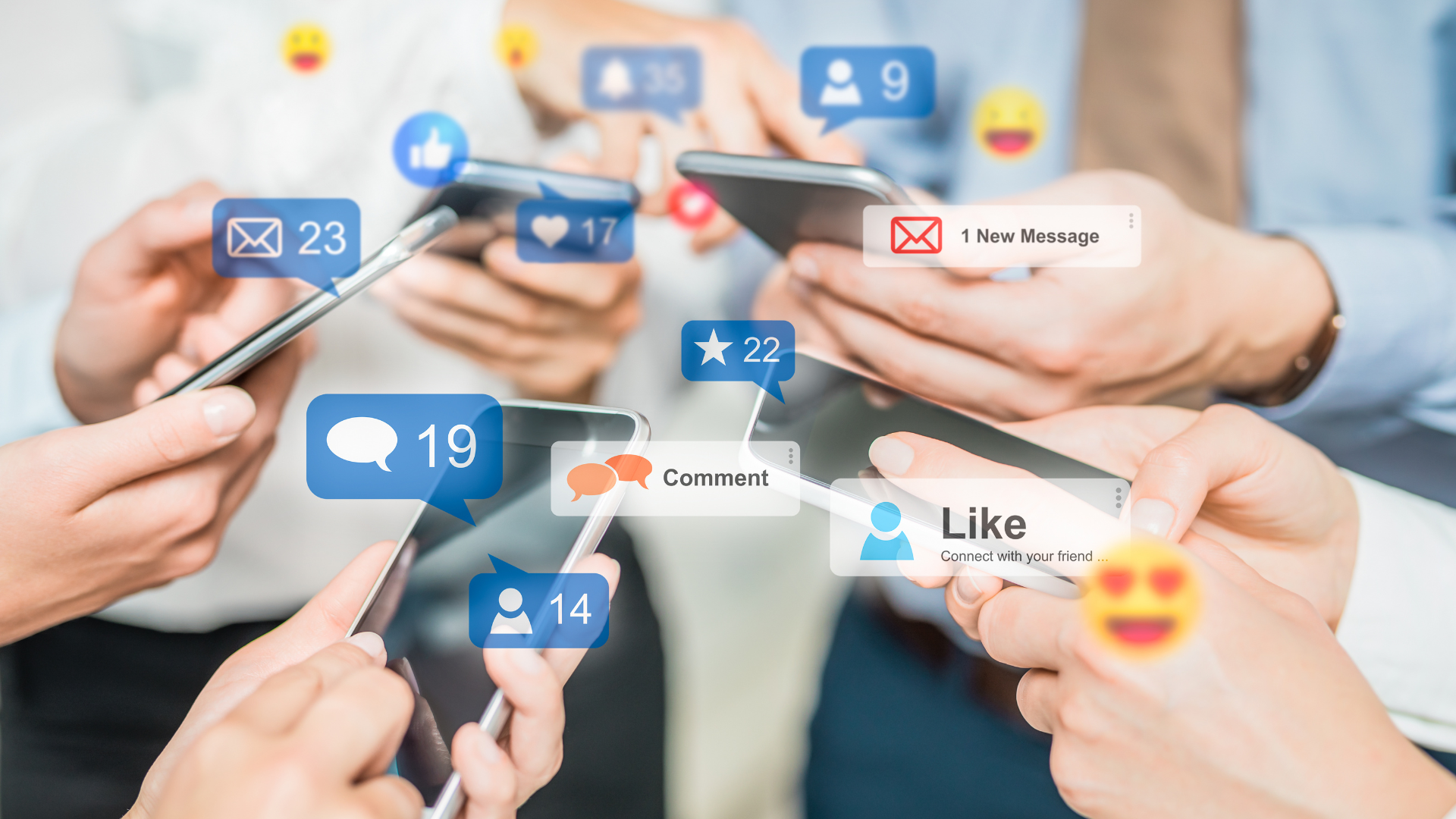I run my own marketing consultancy and whilst I embrace new technology to help deliver results for my clients and my own business, I can’t help but worry about the negative impact ChatGPT could have on the marketing industry, and I don’t think I’m alone…
I can’t deny that I’m a huge fan of AI tools to help my business run smoothly, I don’t know where I would be without Otter.ai when scoping out new projects with my clients, Grammarly, and social media scheduling tools like Hootsuite . Not to mention the whizzy AI tools Meta and Google uses to ensure our ads reach target audiences in the right places at the right times, and the ability to automate the process of testing different marketing elements, such as ad creatives, headlines, or email subject lines, to determine which version performs best resulting in higher conversions rates.
Undoubtedly AI technology has revolutionised the marketing industry, providing us with powerful tools and insights …But what I worry about is the emergence of the latest AI technology, ChatGPT. The technology has seen exponential growth since it was launched to the masses in November 2022. 31st January 2023 was the biggest-ever day for ChatGPT, with its website garnering a record 28 million daily visits, according to data from Similarweb. That was up 165% from a month ago.
There’s no wonder ChatGPT has quickly grown in popularity. It’s a super-smart AI tool that can understand and talk to you just like a human. You can ask ChatGPT for specific details and facts just like Google, but instead of serving up multiple website suggestions for you to find the answers you need, it pulls all the sources together for you in one place.
Whilst this is a new must for your marketing toolkit, my heart sinks to the floor when I hear people say they have directly lifted content from ChatGPT to use for their own in their blogs, social media posts and website content. (I can hear marketers and creatives banging their heads against their desks!).
Here are just a few reasons why directly lifting content from ChatGPT is a very bad idea:
Lack of emotional connection
AI generated content lacks emotion and empathy, which is essential for building connections with your customers. Storytelling and your brand’s tone of voice remains to be a critical aspect of your marketing and creative campaigns. If you copy and paste the results ChatGPT churns out, you’re at risk of sharing content which is as dry as the Sahara desert. Building an emotional connection with your brand is something that AI cannot replicate (yet!).
Get your facts right
It’s important to note that ChatGPT hasn’t quite caught up yet, it was last updated in September 2021. So if you’re looking for recent stats and facts, I would rely on our trusty friend Google instead.
When I asked ChatGPT how accurate its results are, it said:
“it’s important to understand that ChatGPT, like any other AI model, has limitations. While it can provide useful and accurate information in many cases, it is not infallible. The accuracy of ChatGPT can be affected by various factors, including:
1. Training data: The model is only as accurate as the data it was trained on. If the training data contains biases or errors, the model may produce inaccurate or biased responses.
2. Knowledge cutoff: As of my last update in September 2021, my knowledge is up to date only until that point. Therefore, I might not be aware of recent developments or events beyond that date.
3. Ambiguity and context: Language is often ambiguous, and the model may not always understand the context correctly, leading to potentially inaccurate responses.
4. Out-of-scope questions: ChatGPT may attempt to generate answers even when it lacks knowledge on a particular topic, potentially leading to inaccurate responses.
5. Lack of common sense reasoning: While the model has been trained on a vast amount of data, it does not possess true understanding or reasoning abilities and may generate responses that seem plausible but are incorrect.”
Everyone will look and sound the same
Don’t get me wrong, I am a real advocate of Canva. It’s a super affordable way for small businesses to elevate their brands, with their easy to use design tools. However, have you noticed that everyone’s social media feeds are starting to look the same? Instead of using the templates to inspire the creation of new designs, businesses are using pre-made templates so small brands are starting to look the same.
The same principle applies to ChatGPT, if we copy and paste the results served up to us, we’re at risk of sounding the same as everyone else. The internet could soon become a very bland and boring place to be!
Did I use ChatGPT to write this blog? I sure did!
But, it was used as a starting point, to get the creative juices flowing. I can see how this tool will help enhance marketing to help tease out inspiration, suggesting content and topics for social media channels, blog posts and website content. BUT, you can’t beat real human beings creating content that resonates with your target audience. Using their creativity, they can inject warmth, personality, humour and emotion in the words they use.
If you need help with brand copy, social media posts, blogs or case studies, I count myself very lucky to have some very talented, witty and creative human beings on my team who can help.


